How far does religious freedom go in prison? The Supreme Court will decide.
The plaintiff was allegedly forced to cut his hair, which he kept long for religious reasons

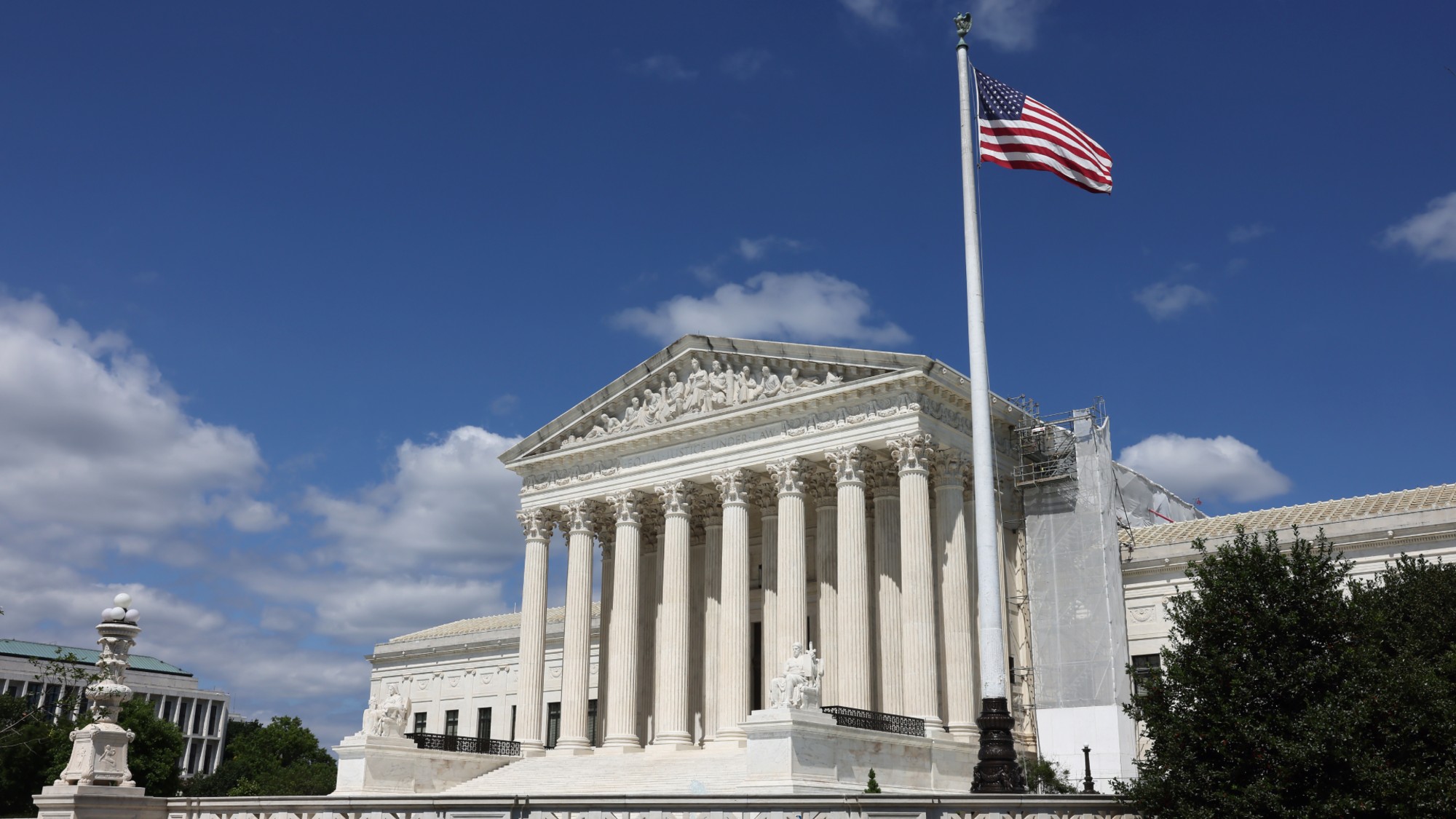
A free daily email with the biggest news stories of the day – and the best features from TheWeek.com
You are now subscribed
Your newsletter sign-up was successful
In its next term, the Supreme Court will take on a crucial case about a prisoner's ability to sue on the grounds of religious freedom. The basis of the case is a 2000 federal law that's supposed to protect the religious rights of incarcerated people, and now the court will determine just how far that law can go.
What is the crux of the case?
The lawsuit was originally brought by Damon Landor over his alleged mistreatment during a five-month prison term for drug possession in Louisiana in 2020. Landor is a "devout Rastafarian who pledged to 'let the locks of the hair of his head grow,' known as the Nazarite Vow," said CBS News, and had reportedly kept his hair long for almost 20 years.
During the first four months of his incarceration, the two prisons where Landor was housed "allowed him to keep his hair long," said CBS. But after he was transferred to a new site for the final three weeks of his term, guards allegedly "handcuffed Mr. Landor to a chair, held him down and shaved his head to the scalp," said The New York Times.
The Week
Escape your echo chamber. Get the facts behind the news, plus analysis from multiple perspectives.

Sign up for The Week's Free Newsletters
From our morning news briefing to a weekly Good News Newsletter, get the best of The Week delivered directly to your inbox.
From our morning news briefing to a weekly Good News Newsletter, get the best of The Week delivered directly to your inbox.
This occurred despite Landor reportedly showing "prison officials a copy of a court ruling that dreadlocks grown for religious reasons should be accommodated," said USA Today. That ruling was based on a 2000 federal law related to religious freedoms in prison, and it is now up to the Supreme Court to decide whether that law allows prisoners to sue prison officials.
What is the bigger picture?
When the Supreme Court hears the case, it could go a long way toward a final say on religious freedoms for prisoners. The Court's conservative majority has been taking up numerous faith-based cases and in "recent years has repeatedly sided with religious interests and expanded the role of faith in public life," said The Washington Post. But while this has become a trend, the justices have not always voted in favor of religion, and last month they notably "deadlocked, 4-4, leaving in place an Oklahoma ruling that rejected a proposal for the nation's first religious public charter school."
Attorneys for Landor say the case goes beyond him and could have "widespread implications," said The Hill. Over "one million people are incarcerated in state prisons and local jails. Under the prevailing rule in the circuit courts, those individuals are deprived of a key remedy crucial to obtaining meaningful relief," the case petition to the Supreme Court reads.
But some officials are worried that this case could open the floodgates for prisoners to sue prison workers. "Serious consequences would flow from petitioner's view, if adopted," the state of Louisiana said in court filings. The "current staffing shortage in state prisons would only grow worse if current staff and potential job applicants learned that they would be personally liable for money damages."
A free daily email with the biggest news stories of the day – and the best features from TheWeek.com
It is still unclear which way the Supreme Court could lean, as the court took on the case "only after a lower court 'emphatically' condemned the ex-inmate's treatment as he seeks financial relief," said UPI. The Court will hear the case sometime during its next term, which begins in October 2025 and runs through June 2026.
Justin Klawans has worked as a staff writer at The Week since 2022. He began his career covering local news before joining Newsweek as a breaking news reporter, where he wrote about politics, national and global affairs, business, crime, sports, film, television and other news. Justin has also freelanced for outlets including Collider and United Press International.
-
 James Van Der Beek obituary: fresh-faced Dawson’s Creek star
James Van Der Beek obituary: fresh-faced Dawson’s Creek starIn The Spotlight Van Der Beek fronted one of the most successful teen dramas of the 90s – but his Dawson fame proved a double-edged sword
-
 Is Andrew’s arrest the end for the monarchy?
Is Andrew’s arrest the end for the monarchy?Today's Big Question The King has distanced the Royal Family from his disgraced brother but a ‘fit of revolutionary disgust’ could still wipe them out
-
 Quiz of The Week: 14 – 20 February
Quiz of The Week: 14 – 20 FebruaryQuiz Have you been paying attention to The Week’s news?
-
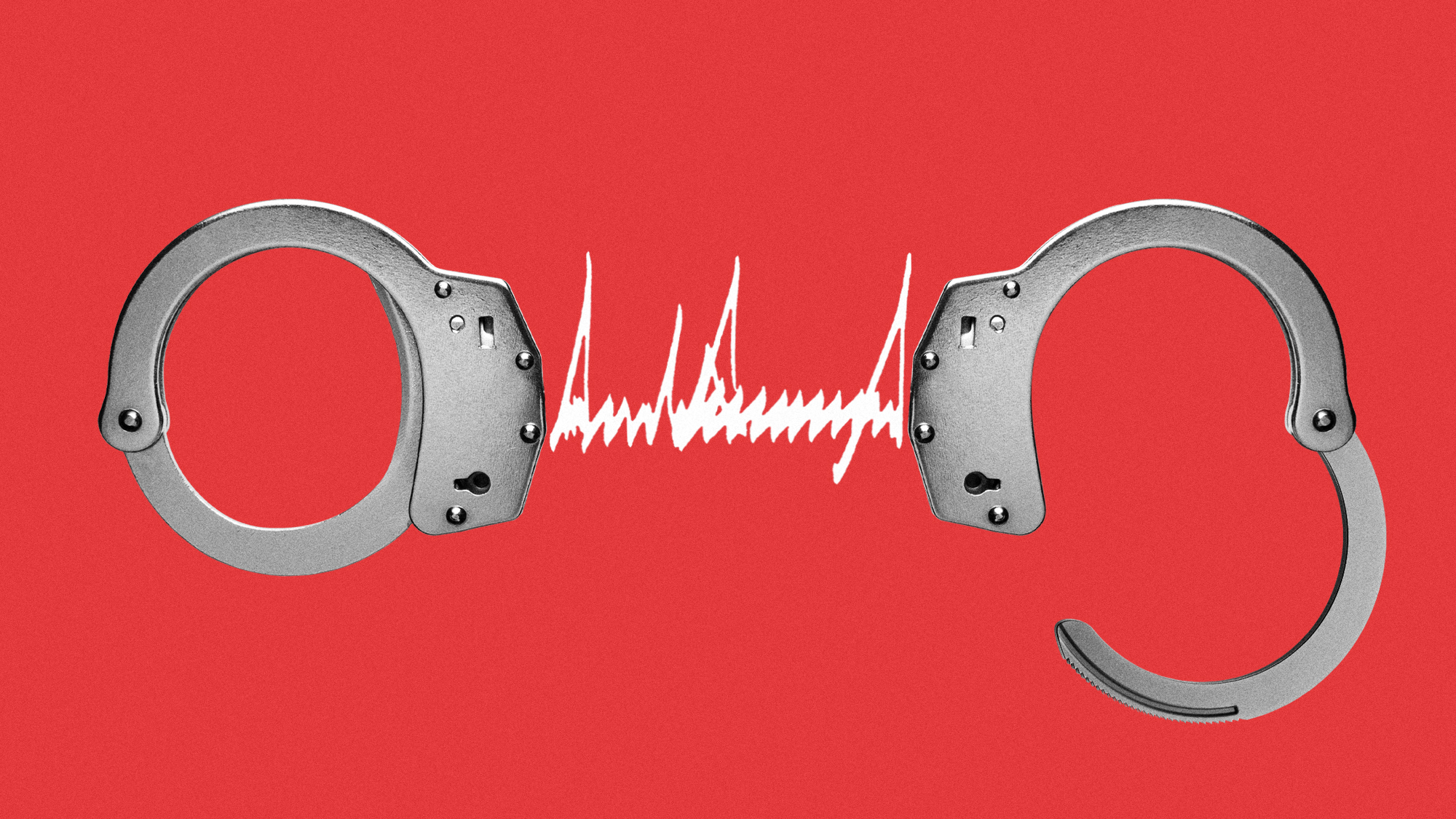 Is it time to rethink the US presidential pardon?
Is it time to rethink the US presidential pardon?Talking Point Donald Trump has taken advantage of his pardon power to reward political allies and protect business associates, say critics
-
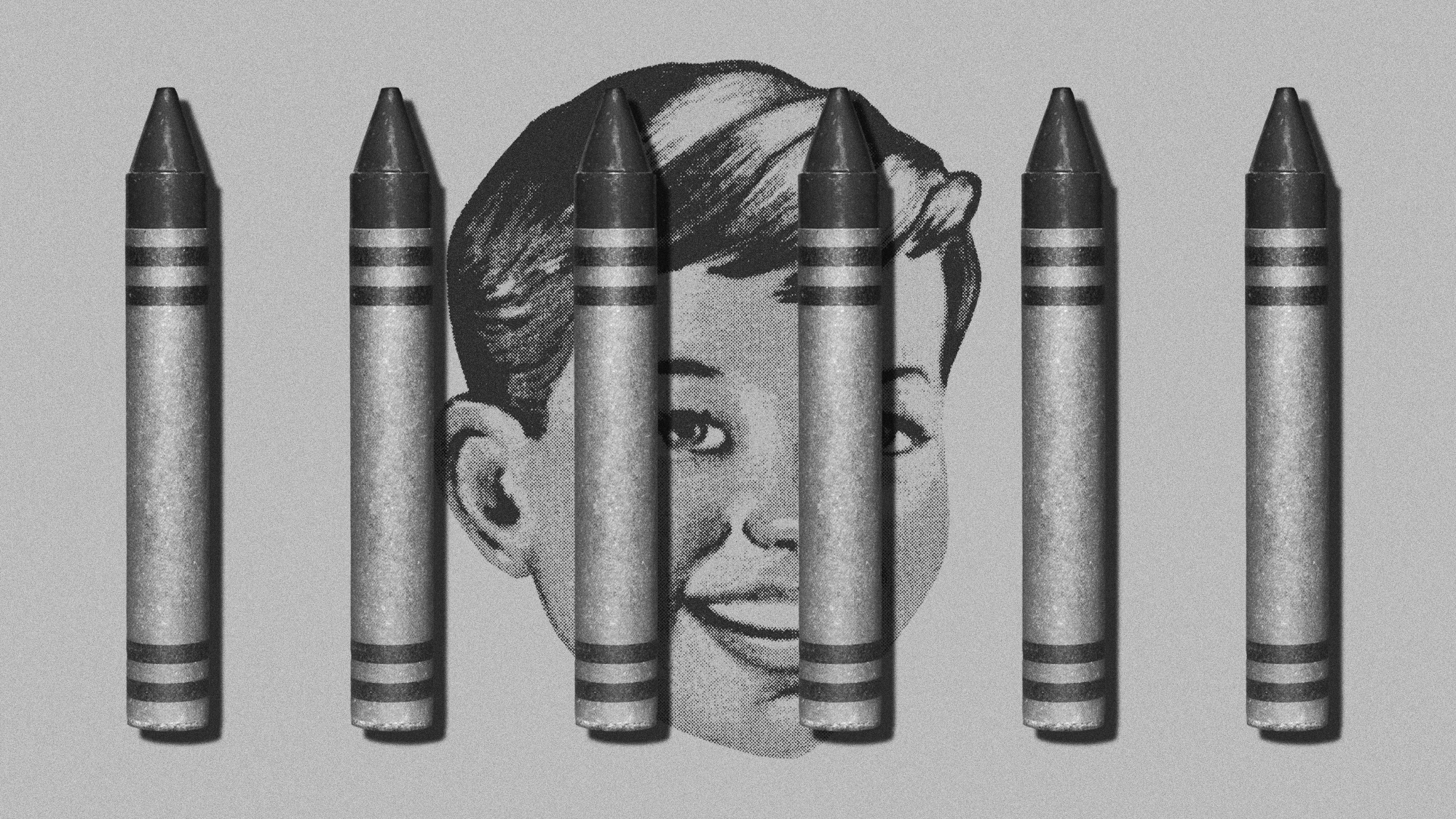 The age of criminal responsibility
The age of criminal responsibilityThe Explainer England and Wales ‘substantially out of kilter with the rest of the world’, says filmmaker whose drama tops Netflix charts
-
 The Supreme Court case that could forge a new path to sue the FBI
The Supreme Court case that could forge a new path to sue the FBIThe Explainer The case arose after the FBI admitted to raiding the wrong house in 2017
-
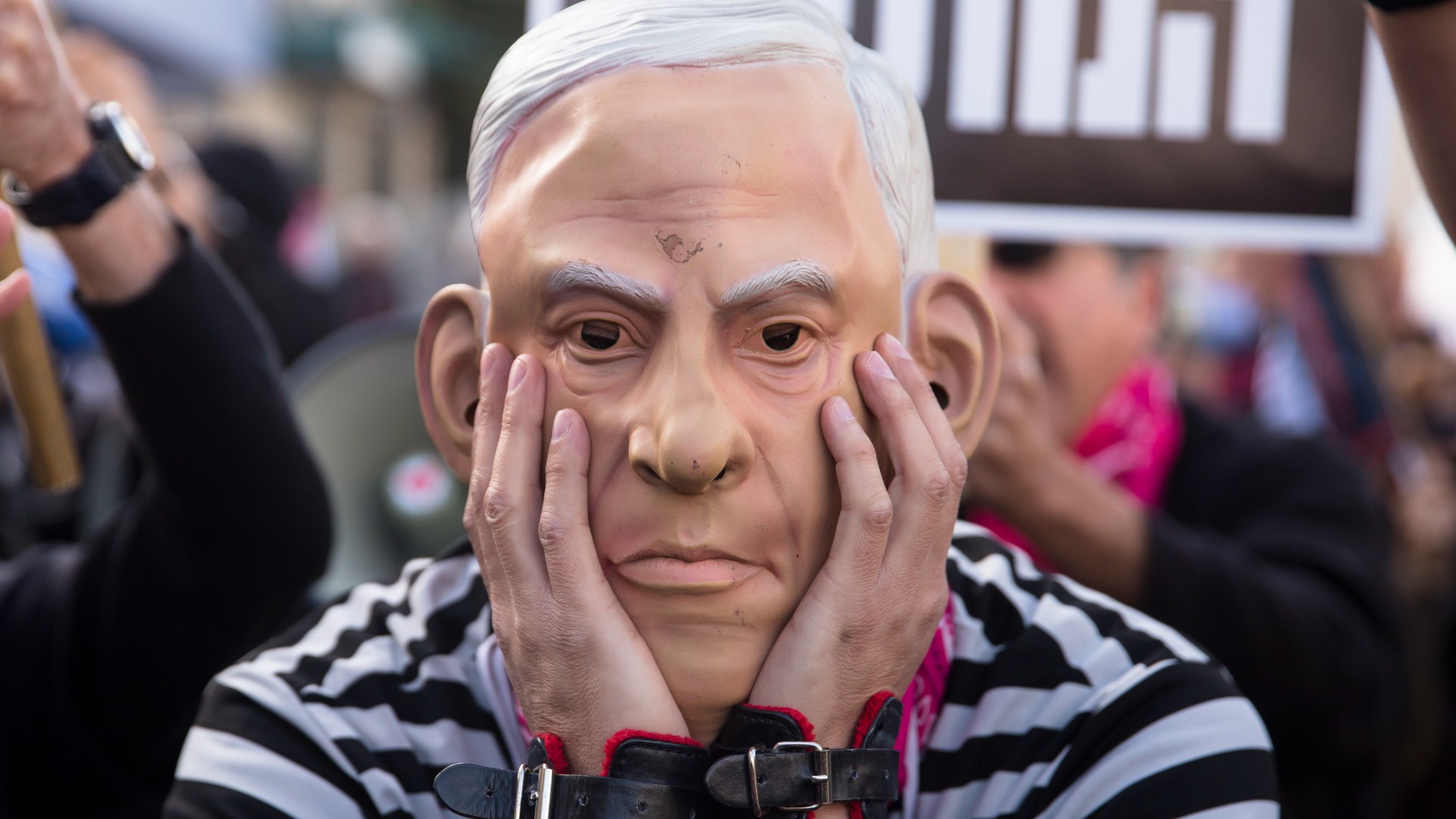 'Libel and lies': Benjamin Netanyahu's corruption trial
'Libel and lies': Benjamin Netanyahu's corruption trialThe Explainer Israeli PM takes the stand on charges his supporters say are cooked up by a 'liberal deep state'
-
 Judge blocks Louisiana 10 Commandments law
Judge blocks Louisiana 10 Commandments lawSpeed Read U.S. District Judge John deGravelles ruled that a law ordering schools to display the Ten Commandments in classrooms was unconstitutional
-
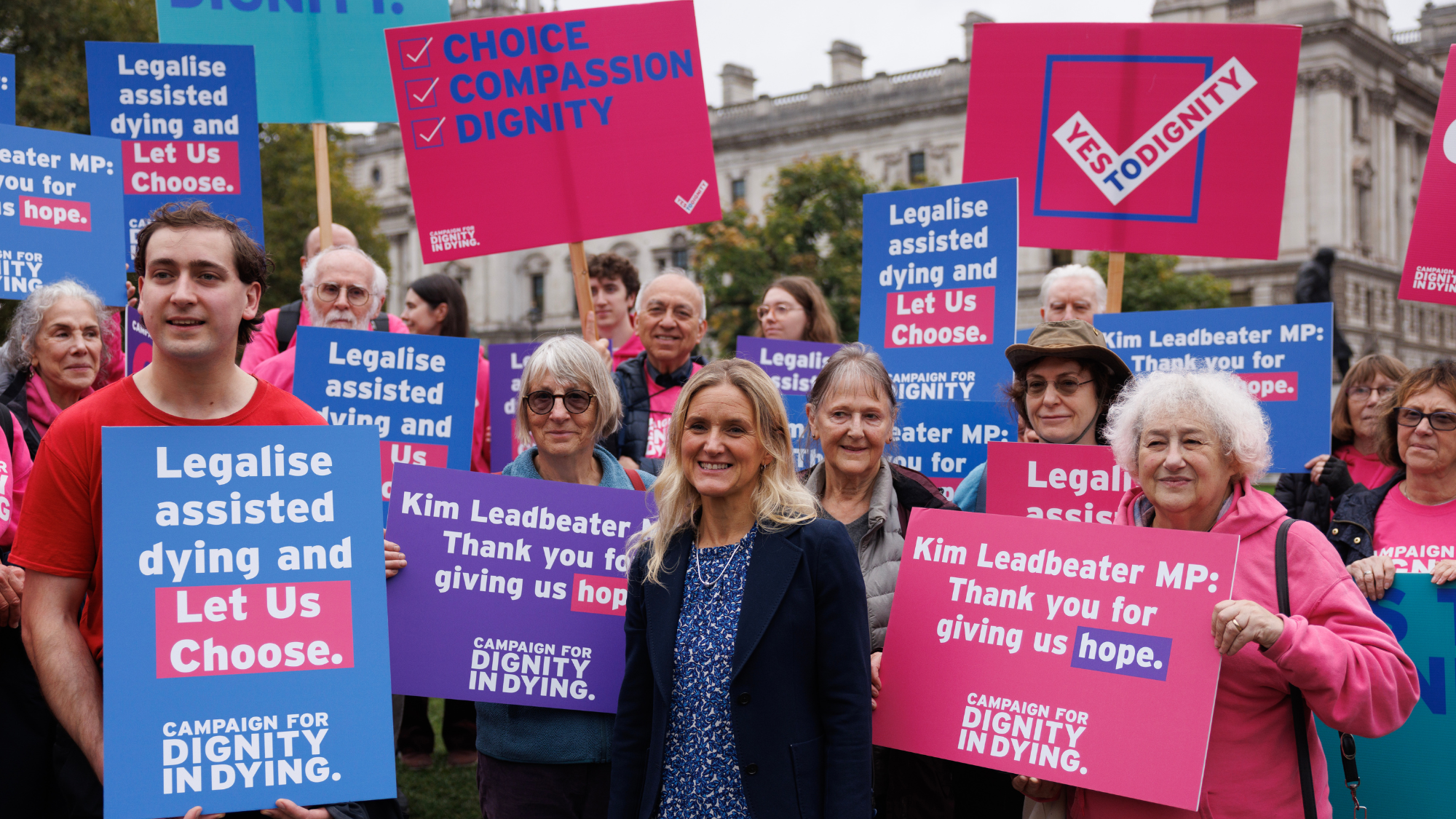 Assisted dying: what can we learn from other countries?
Assisted dying: what can we learn from other countries?The Explainer A look at the world's right to die laws as MPs debate Kim Leadbeater's proposed bill
-
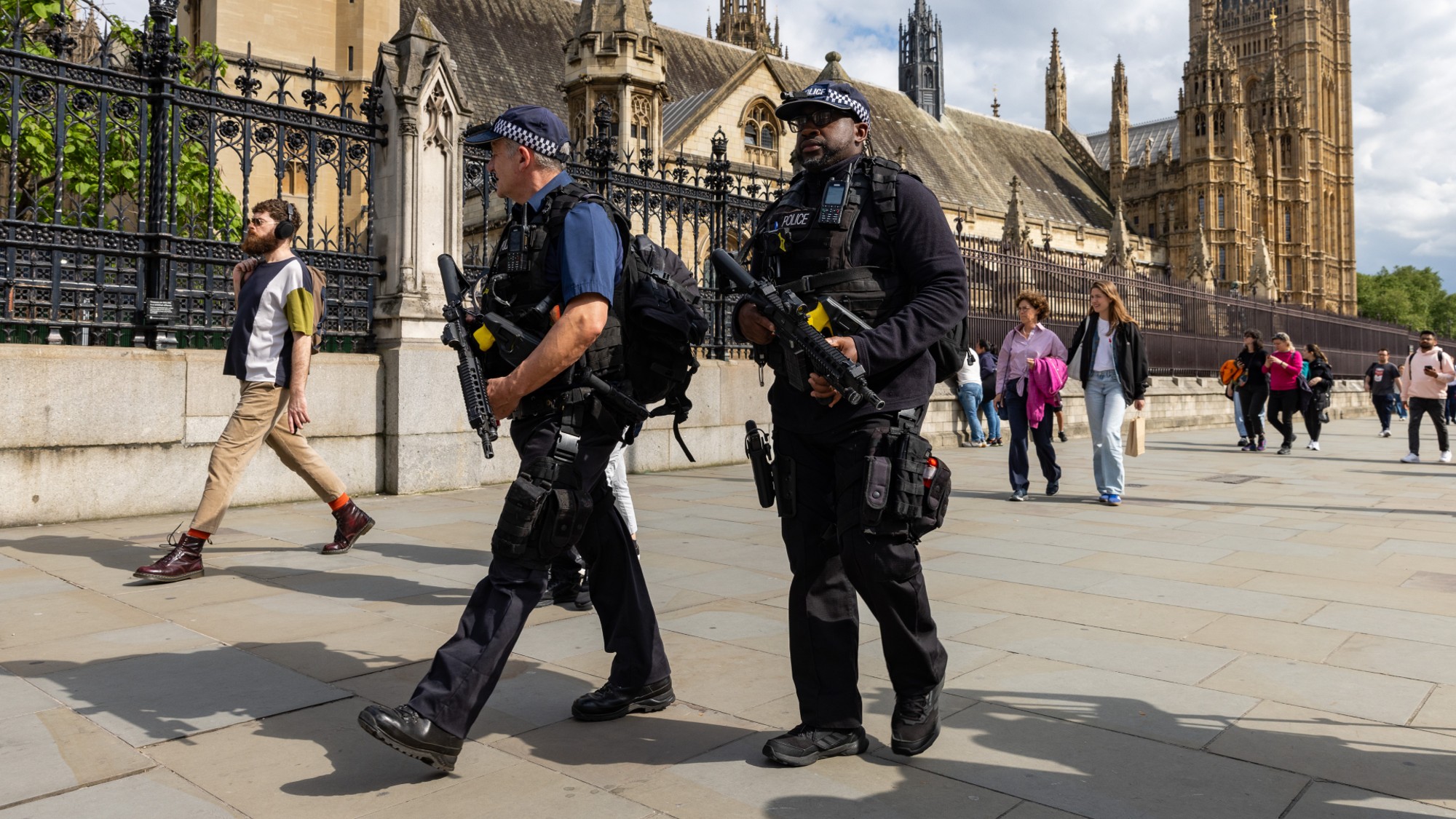 The rules for armed police in the UK
The rules for armed police in the UKThe Explainer What the law says about when police officers can open fire in Britain
-
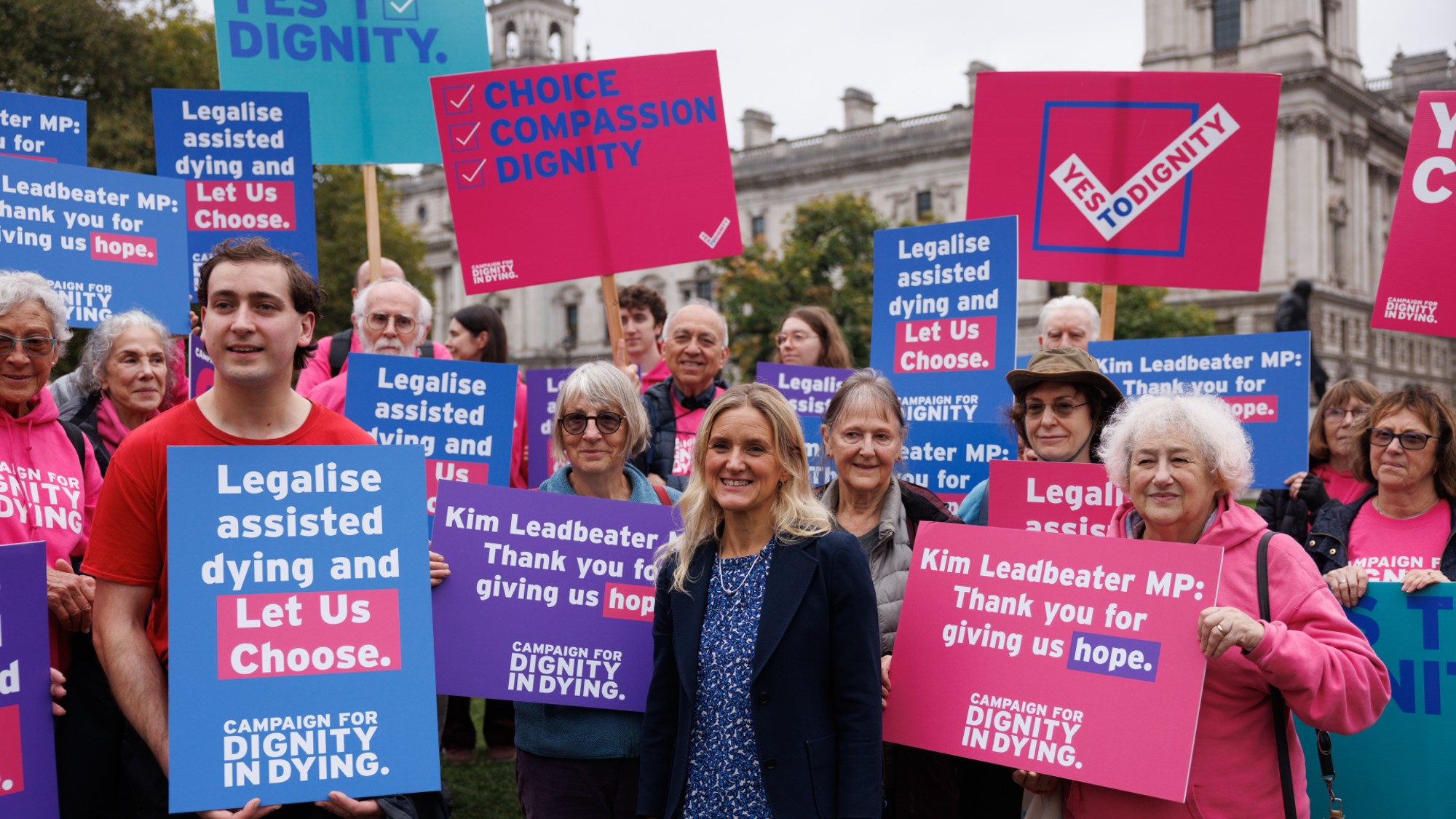 How would assisted dying work in the UK?
How would assisted dying work in the UK?The Explainer Proposed law would apply to patients in England and Wales with less than six months to live – but medics may be able to opt out
